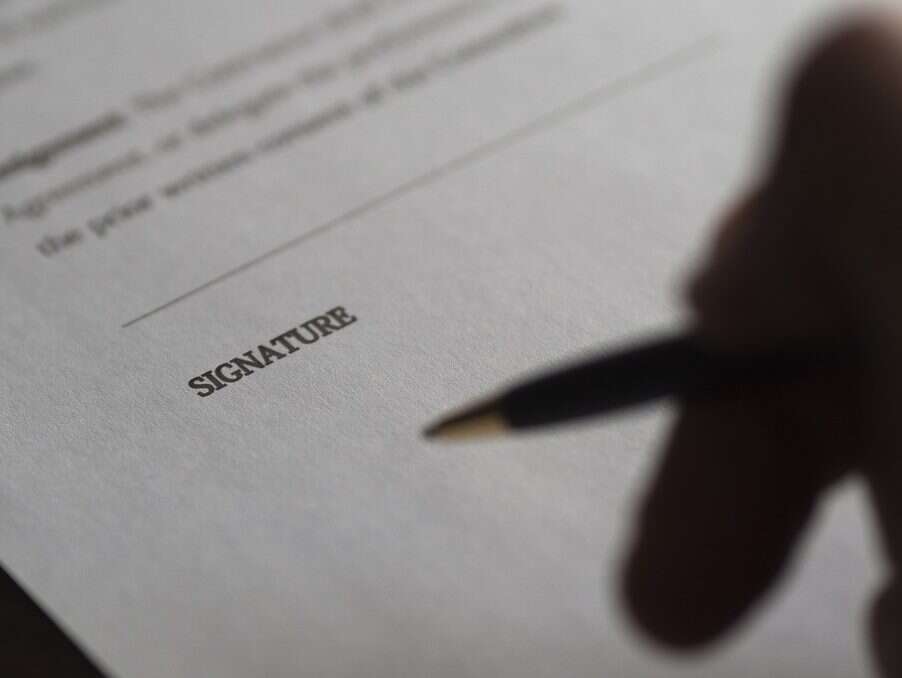
A former Bureau of Investigative Journalism reporter has said the non-profit news outfit tried to subject her to a non-disclosure agreement during an employment dispute.
Melanie Newman brought a claim for constructive dismissal after she resigned from the Bureau in May last year, having worked there for eight years and been made home editor.
Newman’s bio on the Bureau’s website says she was involved in many of its “high-profile stories”, including its work on lobbying and political funding.
In a written submission to a parliamentary inquiry into NDAs, Newman said she was advised that a draft settlement put forward by the Bureau in December as part of her exit agreement “could have prohibited me following up a story I had reported on at the Bureau”.
The agreement, seen by Press Gazette, included a clause requiring her not to disclose confidential information “relating to the work she undertook in reporting on GOSH (Great Ormond Street Hospital)”.
It would also have prevented her from making “any disparaging or derogatory comments” about Bureau staff or bringing them into disrepute.
Newman told MPs she was given a matter of hours to agree to the terms of the deal or it would be withdrawn, but refused to sign.
She said: “A factor that led to my constructive dismissal was my treatment by the Bureau’s management after my queries twice uncovered errors in stories produced by colleagues.
“One of these stories had to be amended post-publication.
“The… clause in the NDA would have forbidden me from drawing attention to any errors or inaccuracies in the Bureau’s future published stories.”
The Bureau said its lawyers had made clear to Newman that it only sought to prevent her from disclosing “internal confidential material” and not journalistic material or stop her from following up stories.
In a statement a Bureau spokesperson said: “This was an employment dispute between Melanie Newman and the Bureau – at no point were there claims of discrimination or whistleblowing.
“The dispute was settled between legal representatives on standard terms which both parties agreed were acceptable.
“Neither the Bureau nor its lawyers recognise the depiction of events now outlined by Melanie. We did not at any point seek to prevent her following up stories or raising any public interest matters.”
Both sides reached a settlement agreement through arbitration service ACAS in April this year.
Newman told MPs it was agreed “on confidentiality terms little different from those in my staff contract”. It included a specific clause that makes clear the agreement does not prevent her from reporting on GOSH.
In her submission, Newman said she believed her “knowledge of the law and experience gained through reporting on employment cases” was what enabled her to push back on the NDA.
“I believe most other claimants in this position would have been unable to resist,” she said.
She also said “gagging clauses” were “inappropriate in employment cases whenever they are imposed, rather than truly voluntary”.
Newman declined to comment for this article.
Picture: Pixabay
Email pged@pressgazette.co.uk to point out mistakes, provide story tips or send in a letter for publication on our "Letters Page" blog
